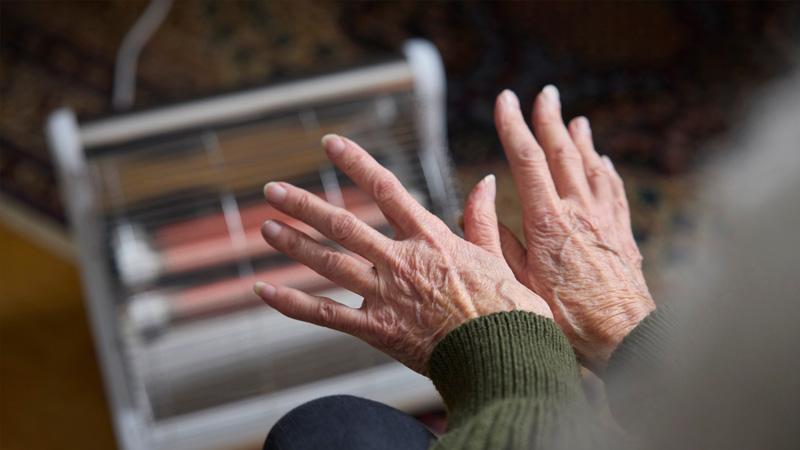Researchers from the University of Westminster warn that the way fuel poverty is measured nationally and locally fails to adequately take health and socio-economic inequalities into consideration. London households are not getting the help they need this winter because of measurement issues. This is made even worse by the lack of binding targets from the Greater London Authority (GLA).

Fuel poverty is a dynamic inequality linked to a household, not a property. Public retrofit funding programmes are designed for properties with an Energy Performance Certificate (EPC) rating of D or below. Therefore, vulnerable households with health or wider socio-economic issues living in properties with an EPC rating of at least D are missing out on the help they might need.
Currently a very small number of London homes have received funding from national or Greater London Authority home energy efficiency programmes: less than 1% of households are being retrofitted yearly under the Warmer Homes in London scheme. But the researchers estimate that hundreds more should be eligible, if the definition was more inclusive. They also suggest that GLA should take the lead on vocational education and training, and specalised qualifications for domestic retrofit.
Produced in partnership with Citizens UK, the University of Westminster report titled Tackling Fuel Poverty in London Homes insists that data on energy efficient homes should be cross-checked with socio-economic data to identify fuel poor households more accurately. Taking into consideration geographical location, building typology (age, size, etc.), socio-economic and demographic data would make sure help reaches all those that are in need.
Dr Maria Christina Georgiadou, Reader in the Centre for the Study of the Production of the Built Environment (ProBE) at the University of Westminster, said: “Retrofit funding programmes are tools to address net-zero carbon targets but to be able to effectively address fuel poverty too, local authorities need to take ownership, set their own binding targets and lead home energy improvements at city scale.”
Dr Rosa Schiano-Phan, Reader in Architecture and Environmental Design and part of the ProBE research team, said: “During the data collection phase of our research, it became apparent that the number of households and energy retrofit measures implemented in London since 2021 was not only much lower than expected but that nobody was really counting. This is clearly due to the lack of binding targets in the London Fuel Poverty Action Plan and at the national level. This is particularly problematic and a missed opportunity to contribute more effectively to the net zero carbon targets and reduction of socio-economic and health inequalities in this country.”
The research was prompted by rising fuel costs and the Mayor of London’s electoral promise to retrofit 100K fuel-poor homes by April 2024.
This research project contributes towards the Affordable and Clean Energy (7), Sustainable Cities and Communities (11) and Reduced Inequalities (10) development goals of the United Nations’ 17 Sustainable Development Goals (SDGs) which were adopted by the University of Westminster to help make the University a more sustainable, responsible and inclusive place to live, work and study.
Learn more about the Centre for the Production of the Built Environment at the University of Westminster.


